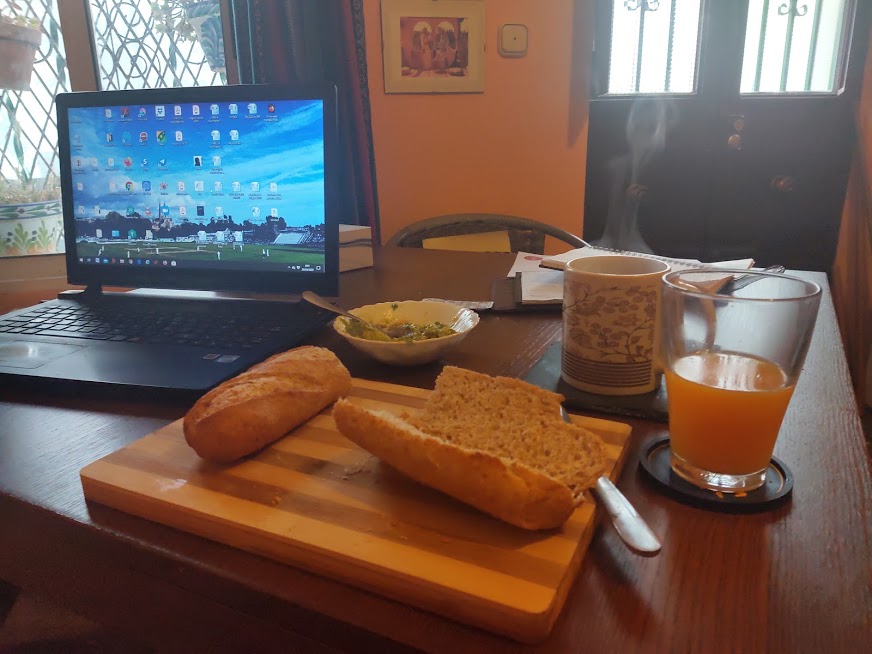I may have not openly declared myself as Simon the Writer until I was on the
point of publishing my first three ebooks, but of course I had been writing
since long before that.
One place where I published my writings before
that date was on my Granada la bellawebsite.
The name hints at the dual nature of the city where I live, its light and dark
sides, la bella and la bestia sides. Because while the
Beauty of Granada is undeniable, it can also reveal itself as the Beast.
An example of how Granada succumbs to the
beast in its breast can be seen in the way its Gran Vía de Colónbulldozers its way through the heart of the old city with no regard for
historical or aesthetic considerations.
There is also a portal into my Granada la bella blog which frequently
deals with the issue.
But perhaps the most impressive aspect of the
website is the chronology of events: TheLife, Times,and Works of Federico García Lorca, starting with the arrival
of Vicenta Lorca in the village of Fuente Vaqueros, a few kilometres out side
Granada, in 1892. Six years later, she would give birth to the poet.
The chronology
ends, for the time being, with an account of recent developments in the fruitlesssearch for the poet’s mortal remains
This failure is one of the darkest aspects of
the city’s dual nature as la bella and
la bestia. The city that is today
happy to cash in on the glory of Lorca’s achievement and name is the same place
that allowed the poet to be murdered by right-wing thugs while proving incapable
or insufficiently willing to locate his corpse.
Labrad, amigos,
de piedra y sueño en el Alhambra,
un túmulo al poeta,
sobre una fuente donde llore el agua,
y eternamente diga:
el crimen fue en Granada, ¡en su Granada!
- Antonio Machado
Free translation:“Let us build in the Alhambra,
friends, from stone and dreams a memorial to the poet above a spring where the
water weeps and enternally complains that the crime happend in Granada, - in
his Granada!” - Granada la bestia.
La bella./ Beauty
La bestia / the Beast



